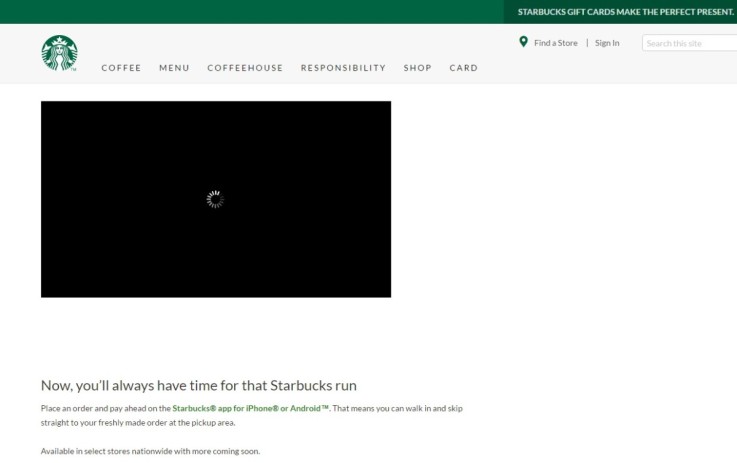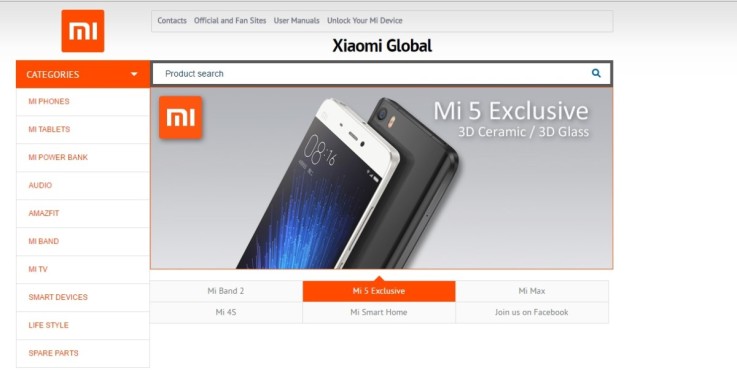Think you’re the perfect husband of retail? It’s more likely you’re the bad boyfriend.

We have good and bad relationships in every facet of our lives. While we may not dwell on them as much as others, retail is no exception. For too long brands have fallen on the side of the bad, serving their own interests ahead of those of their customers.
But with more tools then ever at their disposal, it’s now possible for retailers to make customers happy in new ways. And it follows that those who do the most to make customer happy will reap the rewards.
What this does need is a whole new mindset and attitude – more perfect husband than bad boyfriend.
What makes a bad boyfriend retailer?
Your typical bad boyfriend thinks that the world revolves around him. He chases after anyone and everyone, making plenty of noise in the process. And he always puts himself first, believing that his other half will put in more of the work.
What does this have to do with retail? The bad boyfriend moniker applies to any retailer that makes the customer invest their time into getting what they want out of the shopping experience. That makes the customer sift through every item that’s for sale looking for what they need. And if the item they want isn’t in stock that customer has to go and try and find it elsewhere. It’s not a rewarding experience when the onus is on the customer to put in the work. And yet almost any retailer you can think of fits this description. Even those that would consider themselves customer centric.
It extends to their marketing too. Brands that take out mass marketing are usually just making a lot of noise on the assumption that someone wants to hear what they have to say. These big messages talk about how wonderful the brand is. They attempt to engage with anyone and everyone without any real understanding of who they’re talking to. It doesn’t matter if a customer doesn’t want to hear that message or doesn’t connect with it. It’s all just noise.
The perfect husband mindset
Bit by bit though a new way of doing things is emerging. There’s a new type of retailer in town – the perfect husband. And their aim is to take out the bad and boring parts of the shopping experience. They want to make the customer’s life easier.
Also, the perfect husband is in it for the long haul. This means he doesn’t expect to get something back every single time he does something or tries to win small points. He understands that the relationship will benefit in the long run if both parties are happy.

Removing obstacles
Making life easier for customers is all about looking at those moments that annoy or offer no value to customers and how those can be removed. This might be queuing, waiting for payments to go through, finding out an item they want is out of stock in store, or needing to tell the retailer what they looked at online last night. None of these things benefit customers. And there’s no reason why they should still exist today.
Starbucks is one company that is responding to these shopping annoyances in an innovative way. Its app now lets customers pre-order and prepay for their drinks. Once the order has been placed the customer is told how long the wait will be. This means they can walk straight into the store, ahead of the queue, and pick up their drinks as soon as they’re ready. It’s a more convenient experience for customers.
It’s a fairly small change, but it’s having a significant impact. Starbucks have said that 16% of its sales go through their app in America at the moment. The benefits are not just on the customer end either. Starbucks has found that it needs fewer staff up front to take orders. This means it can reallocate more people to prepare drinks, which in turn reduces operating costs.

Getting to know the customer
The perfect husband takes the time to get to know his partner intimately and then does everything he can to tailor what he says and does towards them. In the retail world, customers feel more warmly towards companies that appear to value them as individuals. One size absolutely does not fit all.
Online personal shopping service Enclothed does exactly that. Targeted at men, rather than asking their customers to browse clothes and figure out what they like, Enclothed uses a combination of data and human stylists to get to know each of its customers as individuals. And there are thousands of them.
It then sends each customer 10 different items of clothing a month that it thinks they will like. The customer can try them on in their own home, keep anything they want to buy, and send back anything they don’t want by courier. There’s no mark up on products they buy, so they get a much better experience for the same price as the high street.

Creating a dialogue with customers
A great marriage is built on great communication. The perfect husband engages in dialogue with his partner – he listens as much as he talks. And he also introduces you to his friends, so by getting to know him you actually gain access to this other social circle as well.
Chinese technology company Xiaomi may be the fifth largest smartphone manufacturer in the world, but it is way ahead when it comes to dialogue with its customers. There’s a real focus on building long term relationships over time.
Lavish fan events are one way it does this. They’re clearly not cheap to put on, and the return on investment may not be immediately evident, but Xiaomi understands that really engaging with fans will benefit it in the long run. There’s a reason we’re not calling them customers, these are hugely passionate fans of the brand.
It’s not just about the relationship with the brand. These fans are connecting with each other as a community. It becomes something of a movement that when it works well can propel the company forward in ways it couldn’t do alone. Xiaomi continues this dialogue further by making its operating system open-source, so that fans can code and improve things directly and then share those ideas. The company isn’t just designing things and expecting customers to passively consume them, but it’s benefiting from the improvements to the system they create. Together these initiatives almost create a sense of co-ownership between Xiaomi and its fans. And if customers feel like they have a real stake in something they’re much more likely to fiercely protect and champion it.
So which is it going to be?
The way we shop continues to evolve, but the way retailers deliver that service hasn’t necessary stayed apace. And yet, as these examples show, small changes in offering or approach can be all it takes to improve the experience for customers. So isn’t it about time that retail became more of a perfect husband? Or wife for that matter.
Experience the best of London’s retail spaces with one of our Trend Tours. Find out more here.






